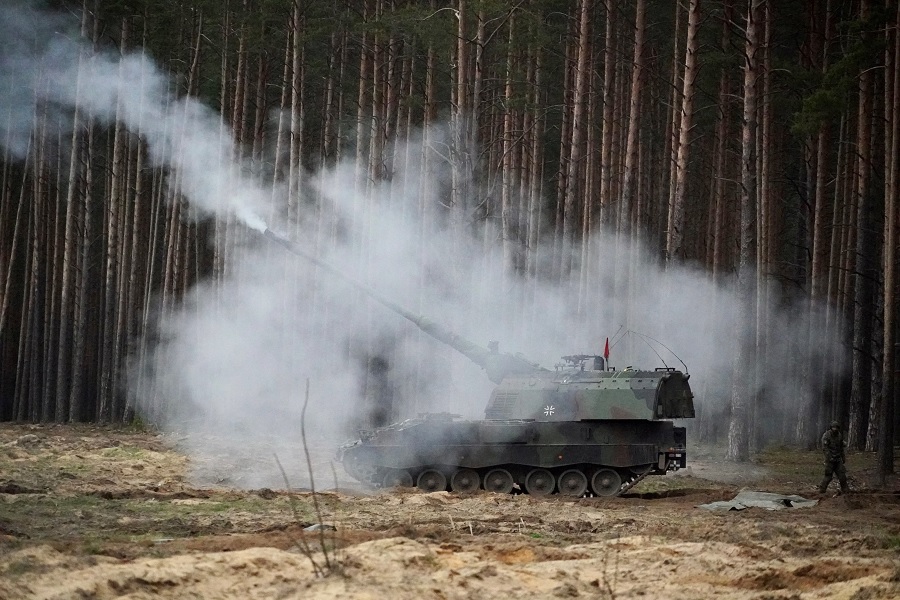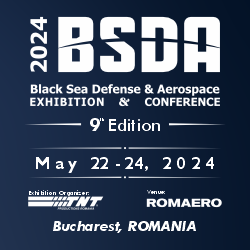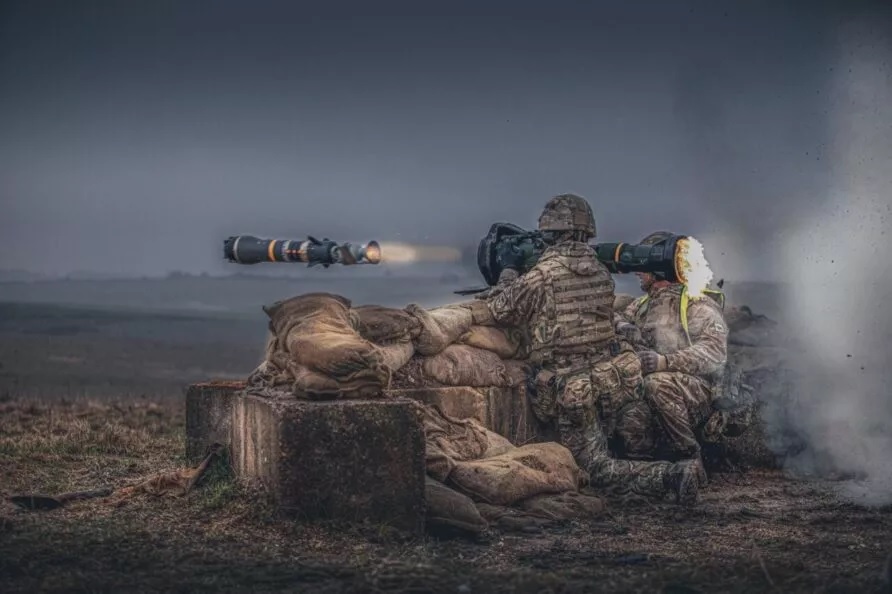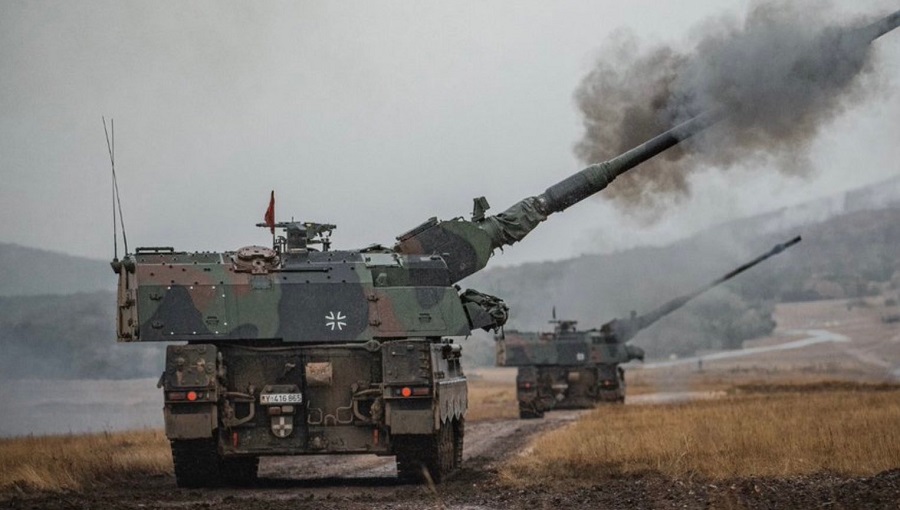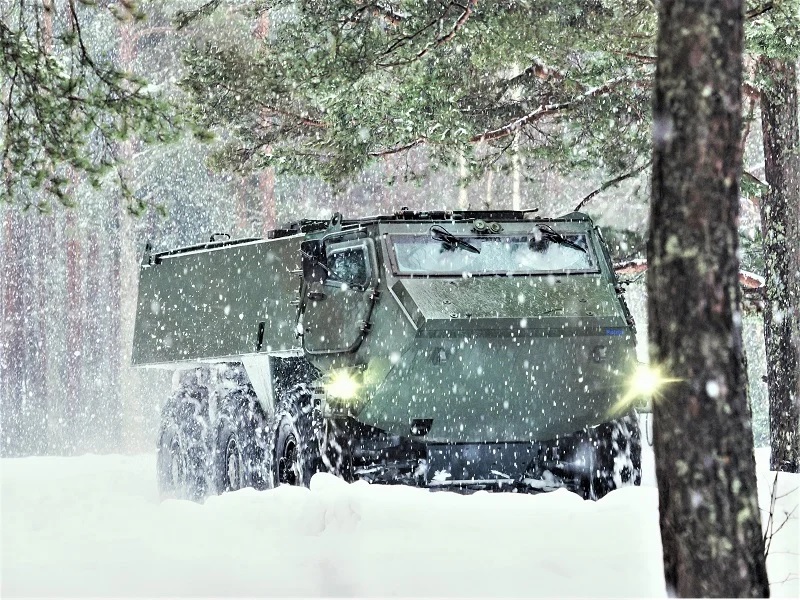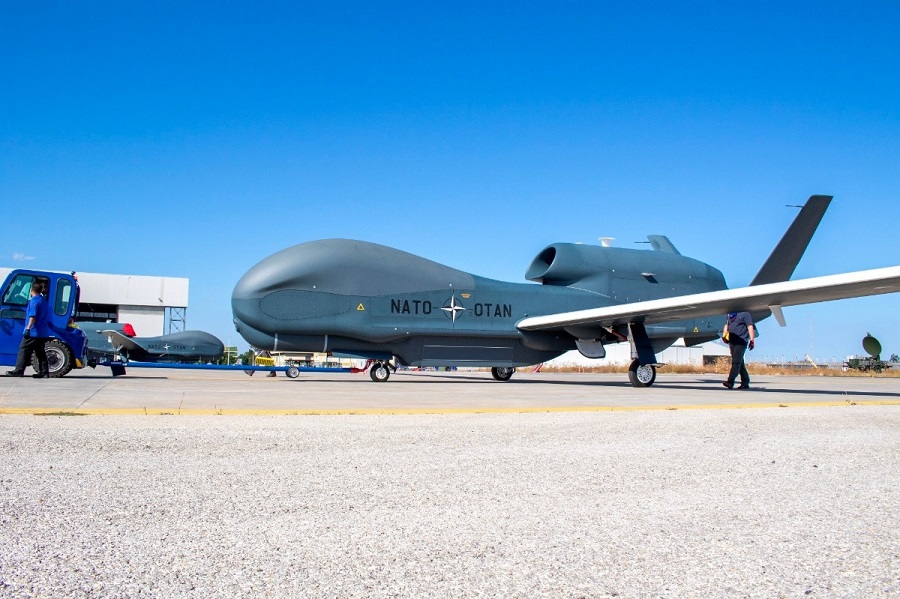Papperger emphasized the critical role of artillery in the conflict, noting that while Russia has leveraged heavy artillery fire, Ukraine has faced significant challenges due to ammunition shortages. He also remarked on the broader implications for Western military preparedness, stating, “the Western world is not equipped for a conventional war,” pointing out the recent decline in Europe and the US’s production capacities for artillery munitions.
To address these challenges, Rheinmetall plans to expand its production capacity from 70,000 artillery shells annually before the war, to 700,000 in 2024, and 1.1 million in the medium-term. The expansion includes new facilities in Unterlüß, Germany, and Lithuania, with additional plans for a joint venture plant in Ukraine itself. These strategic moves by Rheinmetall aim not only to support Ukraine in the short term but also to bolster the Western alliance’s long-term military readiness.
According to Ukrainian sources, the German government has already supplied the Armed Forces of Ukraine with Vulcano long-range artillery shells. Germany has also provided laser designators for the advanced Vulcano GLR variant, which can achieve ranges of up to 70 km when used with 52-caliber artillery systems.
In collaboration with American defence contractor Northrop Grumman, Rheinmetall Denel Munition is developing a next-generation artillery projectile, under a 2021 cooperation agreement. This project positions itself as a competitor to similar developments by Norwegian firm Nammo.



